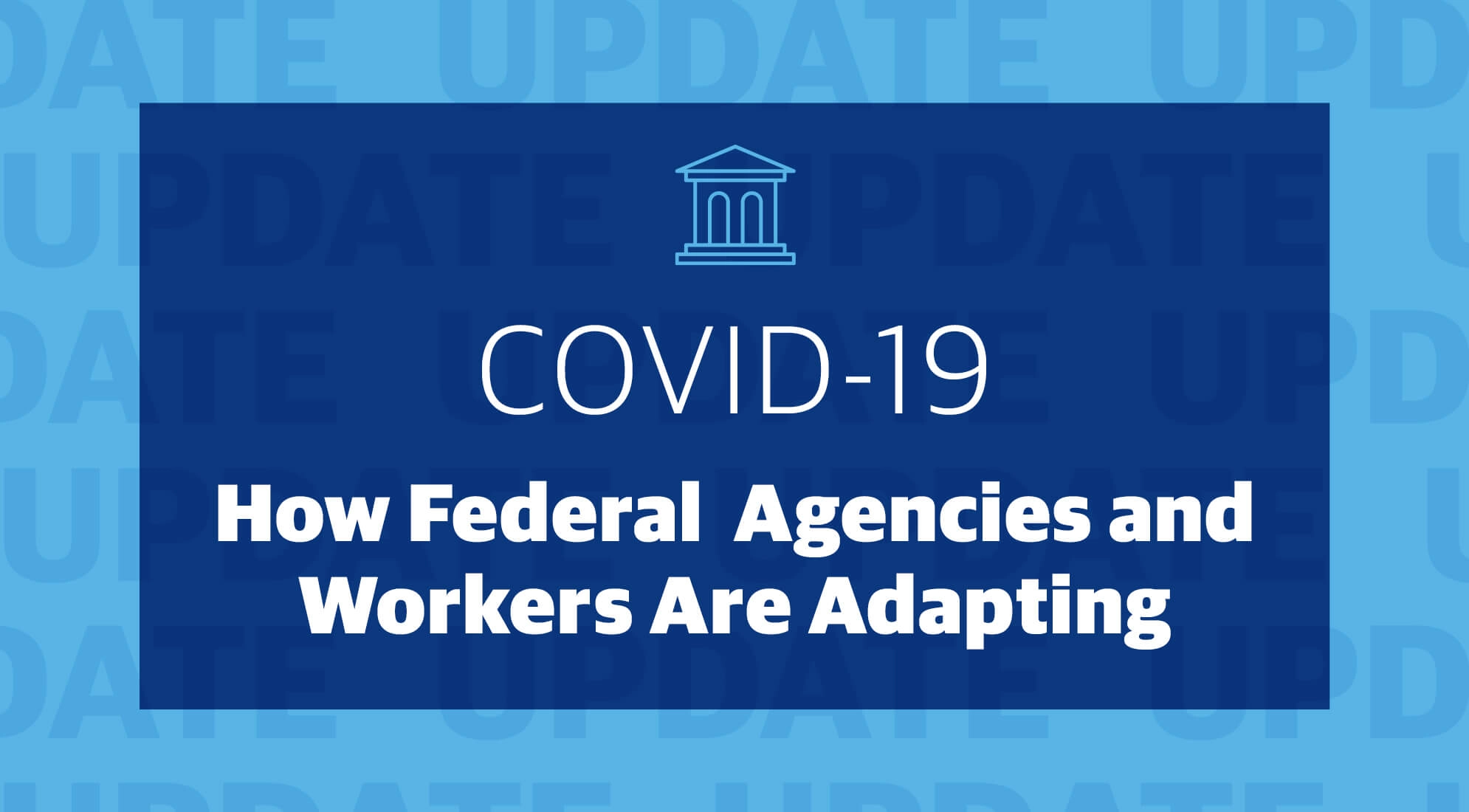Let’s be honest: Government procurement processes have a reputation for gridlock. Nothing moves as fast as it should. Agencies and procurement officers get through one red light only to confront another. Federal government construction procurement moves even slower. Regulations and mandated procedures bottleneck efforts to complete projects on time and resource limitations only exacerbate the jam. For Federal agencies, particularly those in service of national defense or intelligence, enhanced oversight can slow construction procurement to a crawl. These slowdowns are more than a nuisance.
“It’s about agency mission,” explains Lisa Cooley, Gordian Vice President of Federal Sales. “If it takes 18 months to finish a small project, the agency can’t be nimble and respond to shifts in mission and fulfill its vision — whether that’s maintaining the infrastructure in a national park, taking care of veterans in a VA hospital or making improvements on a military base supporting the warfighters that keep our nation safe.”
The great irony is that government construction procurement is slow for good reasons. Even though they can be frustrating, the guardrails are there for our protection. Here are three common reasons Federal construction procurement can be slow.
Federal Acquisition Regulation (FAR) Compliance
Federal Acquisition Regulation or FAR, governs the process by which all goods and services are purchased by the United States Federal government using appropriated funds. These rules are necessary. Civil servants and other government employees need standards to follow. Otherwise, purchases will be left up to the individual’s discretion of cost, quality and timeliness, resulting in inconsistent products across the board. Given the import of services provided at the Federal level, especially in times of crisis, standards of compliance are crucial.
Further, without procedures about how goods and services are to be purchased, corruption would have space to take hold. FAR ensures that appropriate funds are spent in the best interest of the taxpayer, not in the best interest of the individual.
Necessary and beneficial as these regulations may be, complying with them can turn the procurement process to a grind. Agencies must post a solicitation for each job that details what they want to buy, instructions for bidding, the agency’s evaluation method and many other items. Bidders must be evaluated using the published criteria, which includes an Independent Government Estimate (IGE) for construction before a contract is awarded.
And that’s just the first stage of the process. Next, the contract must be administered to set terms for the work and ensure the agency gets what it pays for. The time to complete this all adds up fast. And with so many contracts to administer, no one contract moves all that quickly.
Learn more about streamlining Federal construction procurement in our free eBook, “How Big Data Can Streamline Federal Construction and Repair Projects.”
Limited In-House Resources
This protracted contract award and administration process requires real people to complete. Preparing a good construction cost estimate takes time. Reviewing bids and other documents takes time. Detailing the processes, milestones and payment schedules of a contract takes time. And with only so many civil servants and only so many hours in the day, the work needed to complete the procurement process can easily get backed up.
Construction Cost Validation
“Am I getting a good price for this?”
This is a question people ask themselves every day at grocery stores, car dealerships, online retailers and more. Federal procurement officials ask this question, too, whether they are considering office equipment, medical supplies, weapons, or, yes, construction services. The duty to spend responsibly is heightened for government employees because they are under scrutiny to be good stewards of public funds. Spending wisely on construction means validating the cost of every material, every piece of equipment and every construction task. That’s great financial stewardship, but it contributes to the speed (or lack thereof) of procurement.
IDIQ helps agencies break through the construction project delivery logjam while obeying all traffic laws and getting better gas mileage.
How IDIQ Contracts Accelerate Federal Construction Procurement
In his paper, “Competition and Price Analysis of Indefinite Delivery Indefinite Quantity Contracts for Construction,” Lieutenant Colonel M. Scott Stanford, assistant professor of civil & environmental engineering at the United States Air Force Academy, addresses real and perceived challenges to Federal construction procurement, including the three listed above. He then examines a common solution: Indefinitely Delivery/Indefinite Quantity (IDIQ) contracts, like Gordian’s Job Order Contracting (JOC) Federal.
Stanford explains that IDIQ contracts offer Federal agencies the opportunity to “put control mechanisms in place, protect the public interest and comply with regulations” while streamlining the lengthy construction procurement process. IDIQ helps agencies break through the construction project delivery logjam while obeying all traffic laws and getting better gas mileage. The benefits are built into the mechanics of an IDIQ contract.
IDIQ programs reduce procurement time and administrative work because owners do not have to begin the procurement process anew for every project. Instead, a long-standing contract is used to award multiple projects, relieving owners of the burden of sending every project out to bid. Further, IDIQ contracts provide owners peace of mind as it concerns the budget. That’s because with IDIQ, owners select construction Tasks — including labor, materials, equipment and quantity — from a Unit Price Book, a catalog of costs that have been independently researched and verified. With a Gordian JOC Federal program, a team of cost engineers and experts ensure agencies have costs they can rely on.
Breaking the Federal Construction Procurement Logjam
Like bumper-to-bumper traffic, long Federal construction procurement cycles are a fact of life. The process is complex, and complexity and speed don’t mix. To accelerate construction procurement, agencies can seek alternative processes like IDIQ contracts that meet regulation requirements, maximize in-house resources and provide automatic price validation. If they can find all that and a trusted partner who will oversee the effort, Federal procurement teams can give the green light to more projects.





